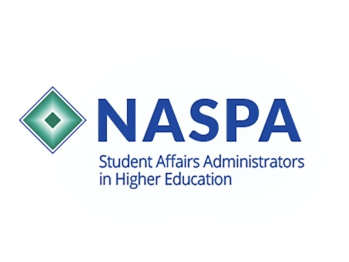NASPA Dismantling Systemic Barriers to Student Success Conference
Division/Group Events Financial Wellness Equity, Inclusion and Social Justice
June 27 - June 30, 2025 Denver, CO
Presented By

About
The Dismantling Systemic Barriers to Student Success Conference is a convergence of the former Student Financial Wellness Conference and the Closing the Achievement Gap Conference with the addition of exciting expanded content. This new conference will debut and join the Assessment, Persistence, and Data Analytics Conference and First-generation Student Success Conference. Conference programming will foster important dialogue to uncover pervasive barriers and prompt strategic change in institutional approaches for serving students and advancing outcomes.
For more information on the 2024 NASPA Conferences on Student Success in Higher Education, please visit this website.
Learning Outcomes and Themes
Understanding Intersectionality and Equity in Higher Education
- Participants will be able to articulate how equity and inclusion intersect with the experiences of underrepresented and marginalized students.
- Participants will identify institutional barriers that disproportionately impact these student populations.
Strategies for Systemic Change and Marginalized Student Support
-
Participants will learn to apply evidence-based strategies to design programs and initiatives that address systemic inequities and promote success for marginalized students, including first-generation populations.
-
Participants will develop frameworks for creating inclusive programs that integrate social justice principles and equitable access.
Advancing Leadership and Collaboration for Equity
-
Participants will gain practical tools to lead institutional change initiatives, advocate for equitable policies, and engage stakeholders in collaborative efforts to dismantle systemic barriers.
-
Participants will acquire techniques for assessing and evaluating the effectiveness of equity-focused programs and making data-informed decisions.